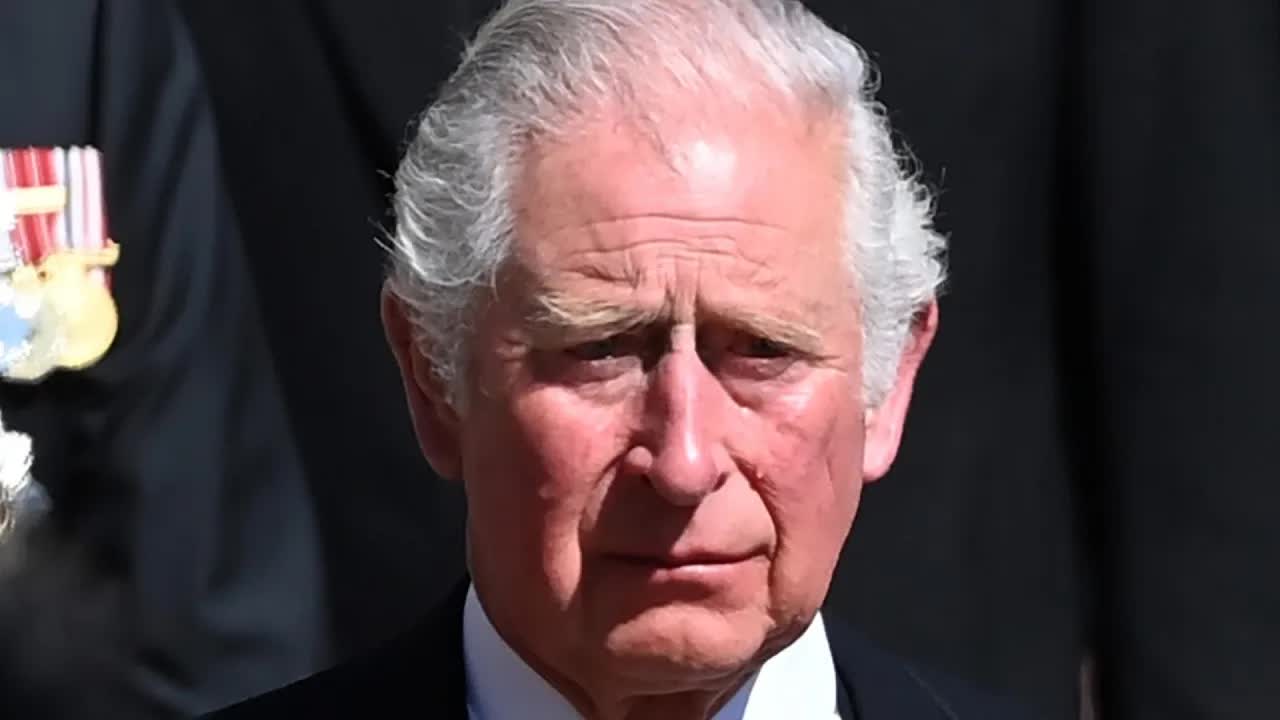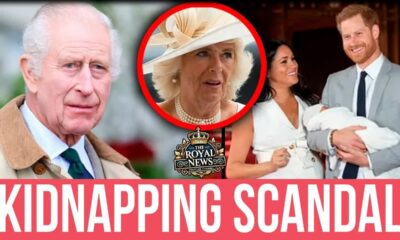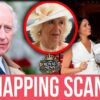Must Read
Princess Diana’s Death Continues to Haunt King Charles III: A Tale of Infidelity and Controversy
When Charles and Diana Spencer tied the knot, it seemed like a real-life fairy tale unfolding before the eyes of millions.
The extravagant dress, the beautiful flowers, and the adoring fans all contributed to the feeling that this marriage was a love story for the ages.
However, the dreamlike state quickly shattered as scandal, cheating allegations, and tension plagued their relationship.
By 1992, Charles and Diana had formally separated, and although divorce seemed unlikely for the prince and princess of Wales, their union officially came to an end in 1996.
As part of the agreement, Diana received a substantial settlement of $22.5 million in cash and $600,000 in yearly payments.
She also had to give up her title as Princess of Wales, a demand made by Charles himself.
Despite this, Diana was still regarded as a member of the royal family and received invitations to state and national public occasions.
Tragically, Diana's life was cut short in August 1997.
Fleeing from the paparazzi in Paris, her car crashed, resulting in severe injuries for her and the other occupants.
Despite efforts to revive her, Diana succumbed to her injuries.
Charles arrived in Paris to collect her remains, and the public display of sorrow triggered a global outpouring of grief.
Charles not only had to deal with the loss of his ex-wife but also had the difficult task of informing their two sons, Prince William and Prince Harry, about their mother's death.
At the time, William was 15 years old, and Harry was just 12.
The young princes were at Balmoral in Scotland when they received the devastating news.
While Queen Elizabeth II remained composed and stoic, she expressed that 1992, the year of Charles and Diana's separation, was a particularly difficult time.
It is not surprising, then, that the queen reportedly did not want a public royal funeral for Diana.
However, Charles insisted on a public ceremony, showing his respect for her memory and legacy.
The disagreement between Charles and the queen over funeral arrangements even required mediation by former Prime Minister Tony Blair.
Diana's family was also upset with the queen's preference for a private funeral.
Initially, they refused to communicate with her and palace officials.
The tension surrounding the funeral highlighted the strained relationships within the royal family.
One of the most well-known aspects of Charles and Diana's troubled marriage was Charles' affair with Camilla Parker Bowles.
Even during his relationship with Diana, Charles maintained contact with Camilla, expressing his affectionate desires through gifts and phone calls.
Although Charles and Diana divorced in 1996, it wasn't until after Diana's death that Charles and Camilla were able to be together openly.
Charles had planned to introduce Camilla to high society at his 50th birthday party in November 1997.
However, Diana's tragic death forced him to change his plans.
Charles and Camilla's relationship faced scrutiny, and Camilla never publicly used the Princess of Wales title out of respect for Diana.
The impact of Diana's death on her sons, William and Harry, was profound.
Watching them walk behind their mother's coffin was a heart-wrenching sight.
Adding to their grief was their father's relationship with Camilla, which transcended their mother's marriage and the time following her death.
In an awkward encounter at St. James' Palace, Charles introduced Camilla to William when he unexpectedly visited his father.
This meeting lasted about half an hour before Charles left.
The details of the meeting were kept private, and the spokesperson for Charles emphasized that it was a personal family matter.
Charles' admission of his affair with Camilla came during an interview with British journalist Jonathan Dimbleby in 1994.
This confession reopened old wounds and damaged Charles' reputation, despite the public's sympathy for his loss.
The public expressed grief and anger towards Charles and the royal family in the wake of Diana's death.
Following Diana's death, her influence and popularity continued to grow.
Her struggles within the royal family became more apparent, and her story was immortalized on-screen in shows like Netflix's The Crown.
The fourth season of the show, which focused on Diana and Charles' early relationship and marriage, reignited public interest and criticism of Charles and Camilla.
When Queen Elizabeth II passed away in 2022, King Charles III ascended to the throne.
However, many people focused on Diana in the aftermath of Charles' ascension, with some considering her the true Queen of Britain.
Online platforms, particularly TikTok, became a hub for discussions about Diana and Camilla, with some users expressing their support for Diana and criticizing Camilla.
While Diana's influence remains strong, it is important to remember that Charles and Camilla have been married for 17 years.
Former royal staff members and insiders urge fans to support Charles and Camilla, acknowledging that there will always be those who love Diana and her memory.
In the end, the story of Charles, Diana, and Camilla is a complex tale of love, infidelity, tragedy, and redemption.
It is a story that continues to captivate the public's attention and spark debate about the role of the monarchy and the legacy of Princess Diana.




































